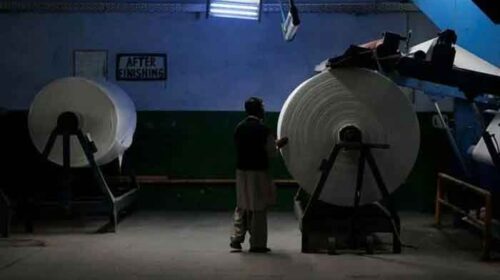The conditional restoration will be done on best-efforts basis from December 29, 2021 on the conditions that industry would have to submit affidavit for not initiating litigation. Moreover, conducting energy audit through third-party arrangement by June next year has been made mandatory for captive power producers. Otherwise, gas will be disconnected permanently. An industry representative also confirmed deal done with the government. He said for restoration of gas supply, it has been decided to provide 75MMCFD, which is about 42 percent of last three months average gas consumption.
Similarly, senior official of ministry of Energy said that representatives of Sindh industry were also being engaged by Sui Southern management to withdraw cases against government’s gas allocation order. “As soon as they agree to terms of the government, we would gradually restore their gas supply,” the official confirmed.
The decision in this direction is being made as ministry of Energy was working out relevant modalities with the representatives of All Pakistan Textile Mills Association (Aptma). Natural gas supply would only be restored to captive power units on the condition that these will have to be eventually switched to grid-power in due course.
According to a government’s assessment, more than 90 percent of the mills have standby power connections. They have shifted already and are using 9 cents/unit tariff. The very few ones that don’t have power connections will be supplied gas on a priority than the rest until they switchover to grid-power, which will be provided to them in a month or so. It is learnt that ministry of Energy has prepared a plan to rationalise energy supplies to industry with a view to reduce burden of subsidies in view of supply-side ground realities.
As per assessment of the incumbent government, gas and power are being supplied on subsidised rates to five export-oriented sectors for three years; 9 cents/unit for power and $6.5/mmBtu for gas.
The subsidies, in their current form, have led to rent-seeking and misuse of energy in the textile sector. The subsidy in gas costs the government Rs62 billion/annum. Power subsidy costs another Rs20 billion/annum. It is also unfunded meaning thereby that it adds to circular debt. Moreover, it is a blanket subsidy, which means there is no distinction between exporter and non-exporter of textile products.





